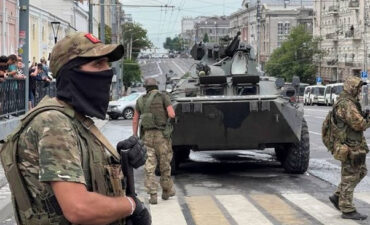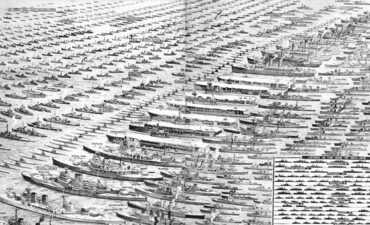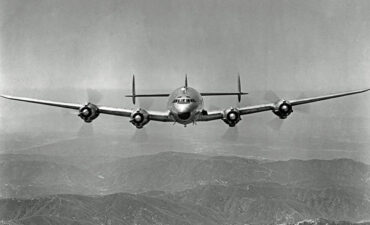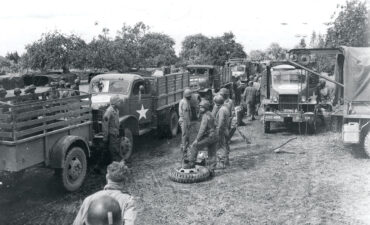What were Napoleon’s mistakes in the Battle of Waterloo? Napoleon’s mistakes during the Battle of Waterloo, which took place on June 18, 1815, were significant factors that contributed to his ultimate defeat:
Misjudgment of the Terrain:
Napoleon didn’t adequately account for the soggy and uneven terrain near Waterloo, which hampered the movement and deployment of his artillery and cavalry. The wet ground made it difficult for his artillery to be as effective as it could have been on dry terrain.
Delay in Engagement:
Napoleon delayed the start of the battle, giving the Prussian forces under General Blucher more time to regroup and join forces with the British under the Duke of Wellington. This delay diminished the element of surprise and allowed the allies to strengthen their defensive positions.
Splitting His Forces:
Napoleon divided his forces, sending Marshal Grouchy with a significant portion of the French army to pursue the retreating Prussian forces instead of keeping them united for the main battle. This decision weakened Napoleon’s forces during the critical moments of the battle.
Poor Communication and Coordination:
There were breakdowns in communication and coordination within Napoleon’s army. Orders were not communicated effectively, leading to confusion and inefficiencies on the battlefield.
Misuse of Cavalry:
Napoleon relied too heavily on cavalry charges, particularly during the early stages of the battle. The soft and muddy ground made it challenging for cavalry to maneuver effectively, and they suffered heavy losses without achieving significant results.
Overconfidence and Underestimation of the Enemy:
Napoleon underestimated the determination and resilience of the British and Prussian forces. His previous military successes may have led to overconfidence, causing him to underestimate the strength and determination of the coalition forces he faced.
Failure to Adapt Strategy:
Napoleon persisted with a frontal assault strategy despite facing a well-fortified and disciplined enemy. He did not adapt his tactics to account for the strong defensive positions and well-prepared enemy forces.
Exhaustion of Troops:
Some of Napoleon’s troops were tired and exhausted from previous campaigns, affecting their readiness and performance on the battlefield. The long and challenging campaigns leading up to Waterloo had taken a toll on the soldiers.
These mistakes collectively contributed to Napoleon’s defeat at the Battle of Waterloo, ending his reign as Emperor of the French and leading to his subsequent exile.










